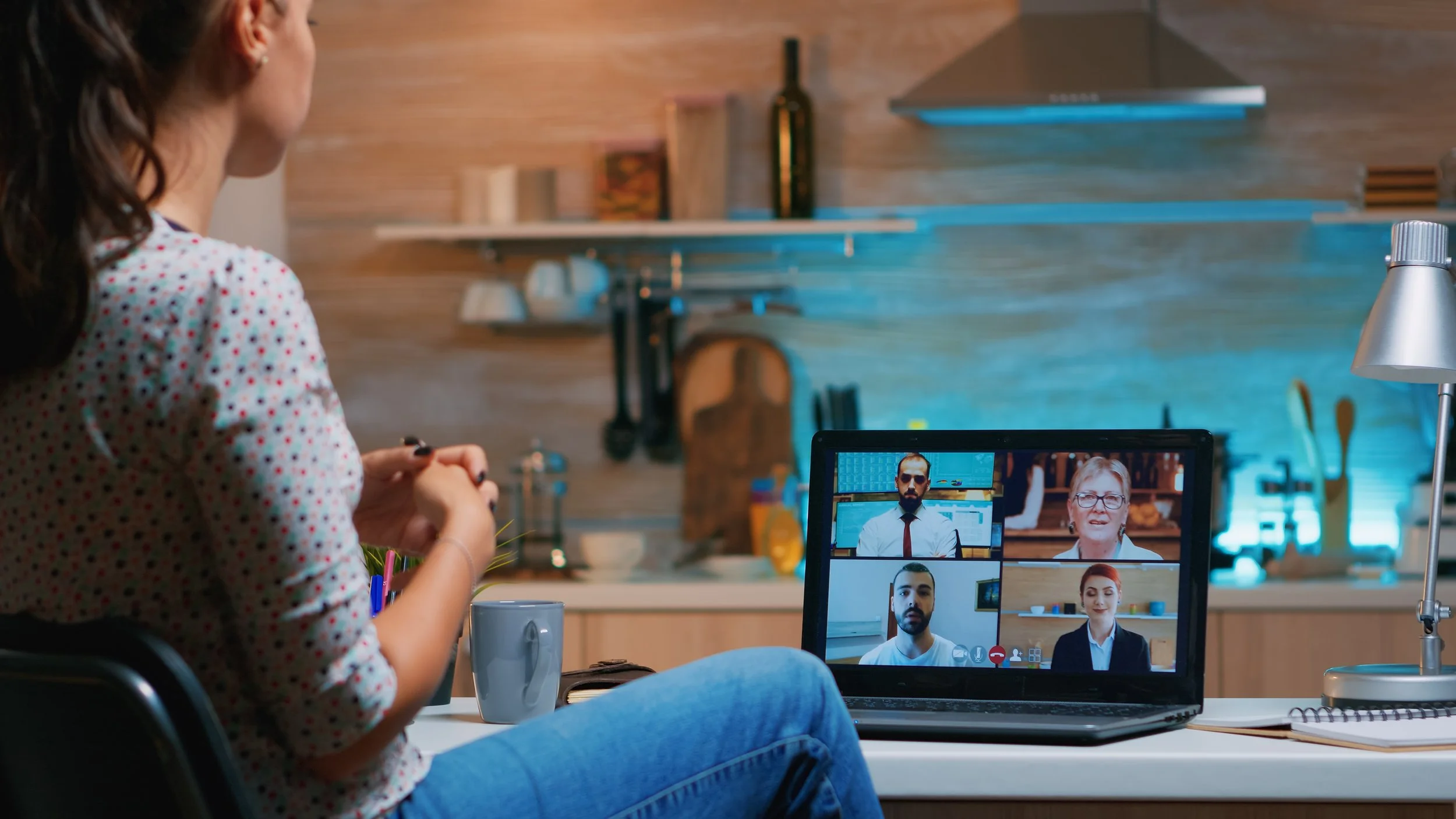Changemaker in Rare: Anne-Marie McIntyre
To truly understand the intricacies of a rare disease, it takes a rare type of doctor. Get to know the specialists who are at the forefront of rare disease research with our series, Changemakers in Rare.

Anne-Marie McIntyre, Board Certified Behavior Analyst
Q&A with Anne-Marie McIntyre
How did your educational and professional pathway lead to your specialty in mitochondrial disease?
About 6 years ago, I was in college and found myself in a job where I was helping adults significantly affected by Autism. It was a program that promoted lifelong learning, healthy living, and vocational exploration through an inclusive experience on a college campus. I saw first-hand the stigma in communication between typical and neurodiverse adults. I fell in love working with this population and realized they needed a peer to help them advocate for their individualized wants and needs. Fast forward to accepting a job at Cincinnati Children’s Hospital, I work as a clinical research coordinator managing a research study in the neurobehavioral inpatient unit. In correlation with that, I am a research assistant in the rare genetics department for Dr. Shillington, Principal Investigator of the CDKL5 research study project. I help families understand their potential participation in a study by translating some of the scientific terminology, by getting their questions answered, and by providing comfort to them in any way I can.
How did you get your program off the ground?
CDKL5 is a deficiency disorder characterized by seizures that begin in infancy, followed by significant delays in many aspects of development. The CDKL5 project is a collaborative study involving the divisions of Psychiatry, Biostatistics, and the Epidemiology Developmental Disabilities Clinic at Cincinnati Children's. Our aim is to learn more about the symptoms and experiences of patients with CDKL5 Deficiency Disorder. By learning more about the treatment that kids with this disorder needed in the past, we can identify patterns in treatment and medication that worked and the ones that did not provide much benefit. We are currently enrolling families into this study, both through Cincinnati Children's and partner organizations.
Now that you've been working in research, is there an assumption you had entering this field that has changed over time?
Yes, absolutely! I have learned that knowledge does not always lead you to a cure. It may lead a patient to greater independence, whatever that may mean for them and their family. I am here to help parents navigate their child’s mitochondrial disease through the power of research.






























